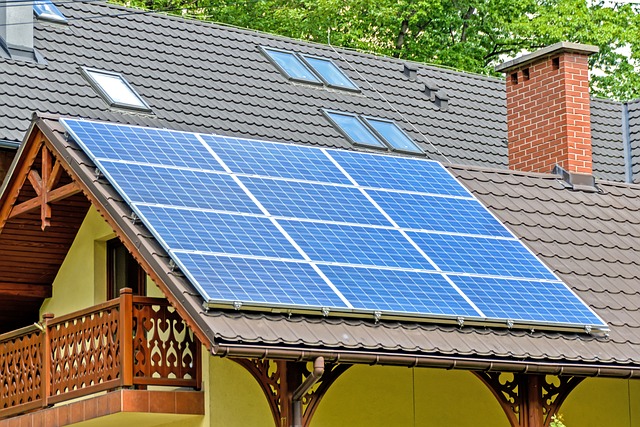Are there any advantages of solar power in Hawaii?
Hawaii is well-known not only for its beaches and resorts but also for its abundant sunshine. As a result, Hawaii is an excellent location for harnessing solar power. Hawaii has been at the forefront of renewable energy adoption, with a target of reaching 100% renewable energy by 2045. Read on to discover some of the most important benefits of solar energy in Hawaii.
Advantages of Solar Power in Hawaii
The following are the key advantages of solar power in Hawaii:
Abundant sunshine
With an average of 277 sunny days per year, Hawaii is one of the brightest regions on the planet. This indicates there is plenty of sunlight to generate solar energy. Because of the high sunlight, solar panels in Hawaii can produce up to 40% more electricity than in other parts of the country. As a result, Hawaii is an excellent choice for both residential and business solar power installations. Discover how efficient solar panels are on Maui.

Reduced energy costs
Because of its remote location and reliance on imported fossil fuels, Hawaii has among of the highest electricity rates in the country. Solar power, on the other hand, can assist cut energy expenses by generating electricity on-site. This implies that households and businesses can generate their own electricity and rely less on the grid. Furthermore, Hawaii provides net metering, which permits excess solar energy to be sold back to the grid, lowering energy prices even further.
Environmental benefits
Solar energy is a clean, renewable source of energy that emits no pollutants or emissions. As a result, it is a perfect substitute for fossil fuels, which contribute to climate change and air pollution. Hawaii may lessen its reliance on imported fossil fuels and benefit the environment by utilizing solar electricity.
Energy independence
Hawaii’s electrical generation is primarily reliant on imported fossil fuels, which are prone to price volatility and supply shortages. Hawaii can lessen its reliance on imported energy and become more energy independent by investing in solar power. This not only enhances energy security but also contributes to price stability. Discover relevant tips for installing solar panels in Hawaii.
Job creation
The use of solar electricity in Hawaii has resulted in the creation of several jobs in the renewable energy sector. According to the Solar Energy Industries Association, Hawaii has the most solar jobs per capita in the US, with over 3,600 people employed in the field. This includes jobs in solar power system installation, sales, and maintenance. This has not only helped to reduce unemployment but has also boosted the state’s economic growth.
Resilience
Natural calamities such as storms, earthquakes, and volcanic eruptions pose a threat to Hawaii. These occurrences have the potential to disrupt energy supplies and create power outages. Solar power systems, on the other hand, can provide a dependable source of electricity in an emergency. Solar power can even provide electricity while the grid is down, thanks to battery storage solutions. This increases the system’s resilience and guarantees that key services like hospitals and emergency responders have access to electricity.
Finally, solar energy has various advantages in Hawaii, including ample sunlight, lower energy costs, environmental benefits, energy independence, job creation, and resiliency. As Hawaii pursues its goal of 100% renewable energy, solar power will play a critical part in accomplishing this goal. Hawaii can lessen its dependency on imported fossil fuels, help the environment, and provide economic possibilities for its inhabitants by investing in solar power.


